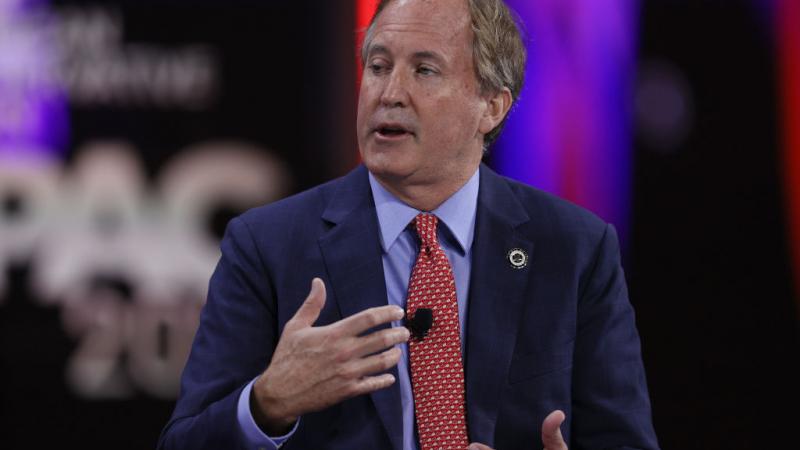California state controller targets Shohei Ohtani’s $700 million Dodgers contract
While Cohen did not further elaborate on what changes she seeks, some tax and revenue experts point out that California’s simultaneous reliance on high-income individuals and continued tax increases for such individuals is responsible for creating the state’s highly volatile and downward-trending tax base.
(The Center Square) - California’s state controller is calling upon Congress to adopt legislation that would force Los Angeles Dodgers star Shohei Ohtani to pay California taxes on his deferred $700 million contract.
“The absence of reasonable caps on deferral for the wealthiest individuals exacerbates income inequality and hinders the fair distribution of taxes. I would urge Congress to take immediate and decisive action to rectify this imbalance,” said State Controller Malia M. Cohen in a public statement. “Introducing limits on deductions and exemptions for high-income earners … would not only create a more equitable tax system, but also generate additional revenue that can be directed towards addressing pressing important social issues and fostering economic stability.”
While Cohen did not further elaborate on what changes she seeks, some tax and revenue experts point out that California’s simultaneous reliance on high-income individuals and continued tax increases for such individuals is responsible for creating the state’s highly volatile and downward-trending tax base.
“The issue at play is far more fundamental than any athlete’s contract. It is systemic to how California chooses to govern. The state has constructed a burdensome tax code that chases citizens — especially the high earners — from the state,” said Taxpayers Protection Alliance policy analyst David McGarry to The Center Square. “These shortcomings have become painfully obvious in migration statistics as native Californians depart in search of lighter regulation and lower tax rate.”
After 10 years of being paid $2 million per year to play for the Dodgers, Ohtani will begin receiving $68 million in annual payments from 2034 to 2043. Ohtani could save millions by deferring income on his record-breaking contract, especially because, after he serves his 10 years of playing, he can move to a lower tax state, or another country to avoid California’s 14.4% tax rate on the highest earners.
















